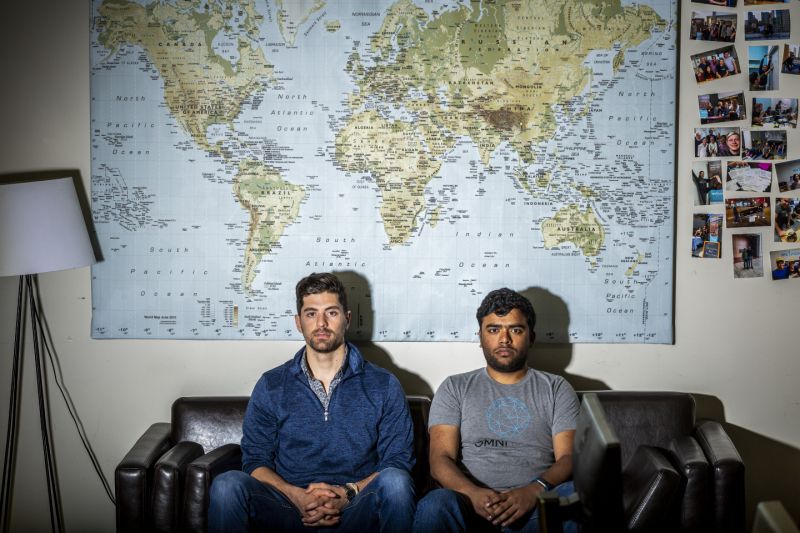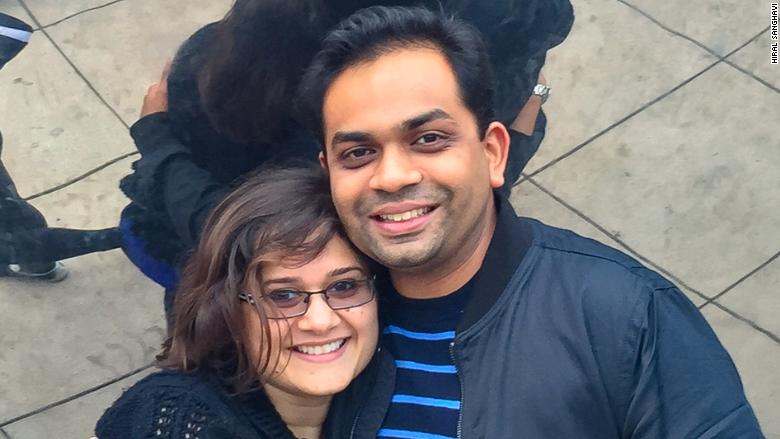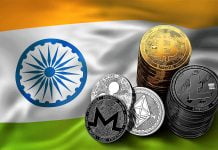Stricter visa rules have been put in place by the US administration and it is wreaking havoc for the careers of Indian entrepreneurs who want to open businesses in the US.
What is the IER?
The Obama-led government had previously created the International Entrepreneur Rule (IER) under which foreign-born entrepreneurs were allowed to remain in the US for up to 5 years if they’ve created a company/startup that has the potential for rapid growth and job creation, among other requirements.
The IER program was set to take effect on 17 July 2017, but on 10 July, the Trump administration postponed it until March 14, 2018, with a possible intent of demolishing it altogether.
How serious is this?
In September 2017, the National Venture Capital Association (NVCA) sued the US government over its opposition to a key immigration program. NVCA, which is comprised of more than 450 member firms, is the premier trade association that represents the U.S. venture capital industry.
The NVCA, which serves as the official mouthpiece for the VC community in Washington, DC, has asked a federal court to block the Department of Human Services from delaying the IER and requests the department to begin accepting applications for the program.
Along with the NVCA, foreign-born founders of LotusPay, Occasion and Omni Labs have also joined hands to fight against this decision of the US government.
Startups hit by this change in policy
Omni Labs was founded in June 2015 by Alex Modon and his Indian citizen co-founders — Vikram Tiwari and Nishant Srivastava, who had worked in the tech industry for a number of years.

The latest change to the IER has hit them hard as only US-born Alex Modon is now allowed to live and work in the country where the business is based. Tiwari and Srivastava were unable to obtain U.S. work visas and thus the founders came up with a solution as a last resort to open a secondary office in Vancouver, Canada. However, that proved to be costly and posed a number of logistical problems too.
A largely self-funded startup, Omni Labs customer base grew from 5 to 140 businesses in just eight months last year. However, all of this seems meaningless now, as Srivastava is now returning India to pursue a more stable job opportunity and Tiwari remains based in Vancouver, Canada, which is Omni’s secondary office.
An another Indian-citizen founded startup BauBax, which is $20 million startup (in sales), is also one of the victims of IER policy.

BauBax, founded by Hiral Sanghavi, had earlier raised an impressive $9.2 million on Kickstarter to fund his idea to create and sell a travel jacket with a bunch of built-in features — a neck pillow, eye mask, gloves, even a pocket to hold a soda can.
To date, the company has sold more than 200,000 BauBax jackets worldwide.
But now Sanghavi, who has been in the US on an H-4 visa tied to his wife’s H1B visa faces tension. If his wife’s visa gets cancelled, then he stands no chance.
BauBax, which is 100% owned by Sanghavi, employs six full-time workers at its Redmond, Washington, office and 11 contractors who work remotely.
US still a favourite destination for budding entrepreneurs
Despite all this stricter immigration policy, U.S. is still a preferred destination for entrepreneurs worldwide especially Indians. Studies claim that nearly 25% of engineering and technology U.S. startups have at least one immigrant founder and that India is the leading country of origin for immigrant founders of billion-dollar companies in the U.S.
The first generation of Indian entrepreneurs arrived in the US in the early 1980s. People like Kanwal Rekhi, Vinod Khosla, Naren Gupta, Prabhu Goel, Suhas Patil had come who went on to finding notable companies like Sun Microsystems (acquired by Oracle), Excelan, and Cirrus Logic.
However, with the changes in the IER, entrepreneurs are favouring Canada as a popular immigration choice to the US due to the clarity the country offers under its Canadian Startup Visa or SUV programme.
On a good note, Anand Mahindra, the chairman of the Mahindra Group, has tweeted welcoming IT professionals and entrepreneurs who want to come back to India to start afresh.
If that happens, then I say ‘Swagatam, Welcome Home.’ You’re coming back in time to help India Rise… https://t.co/HD2rhHRxJq
— anand mahindra (@anandmahindra) January 3, 2018
Also Read: US wants visa applicants to submit phone, email, social media details









